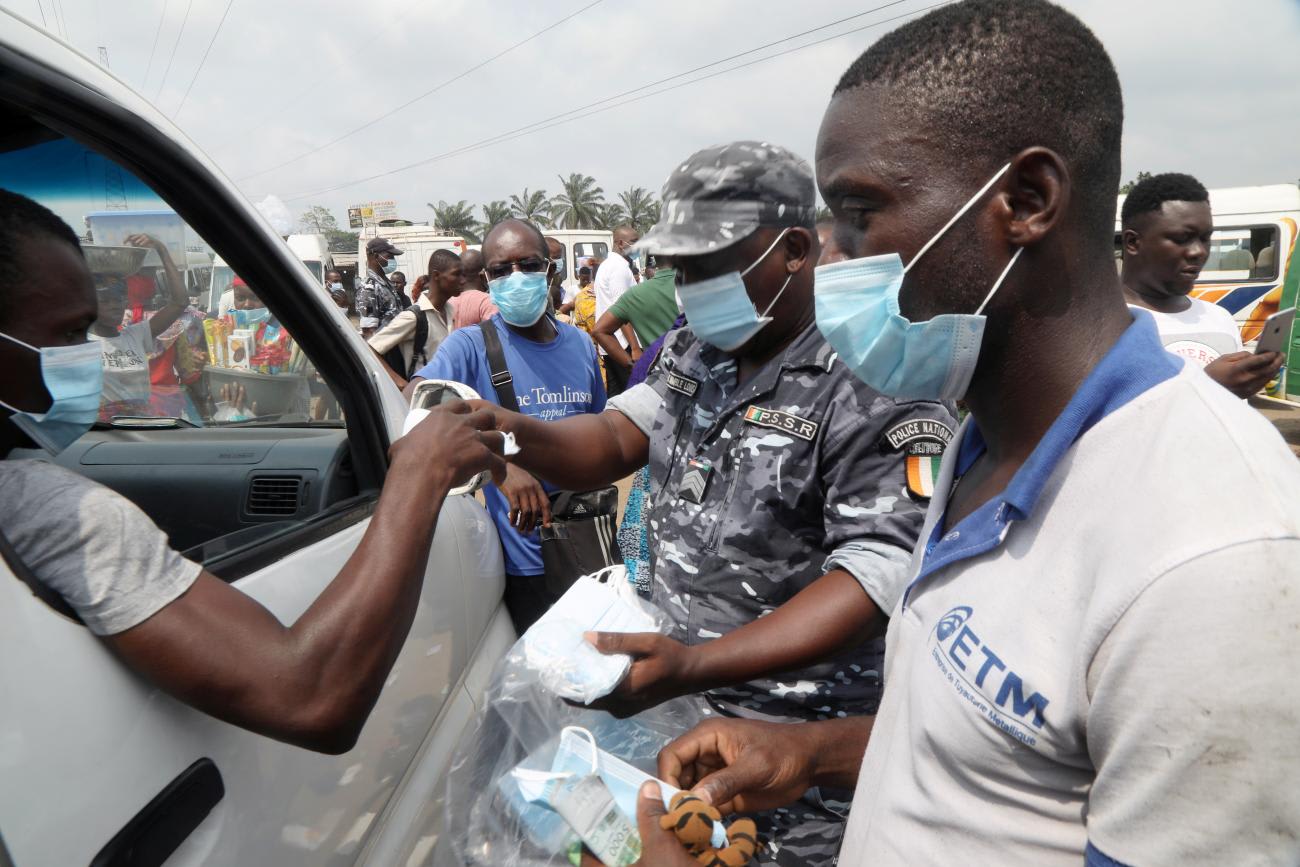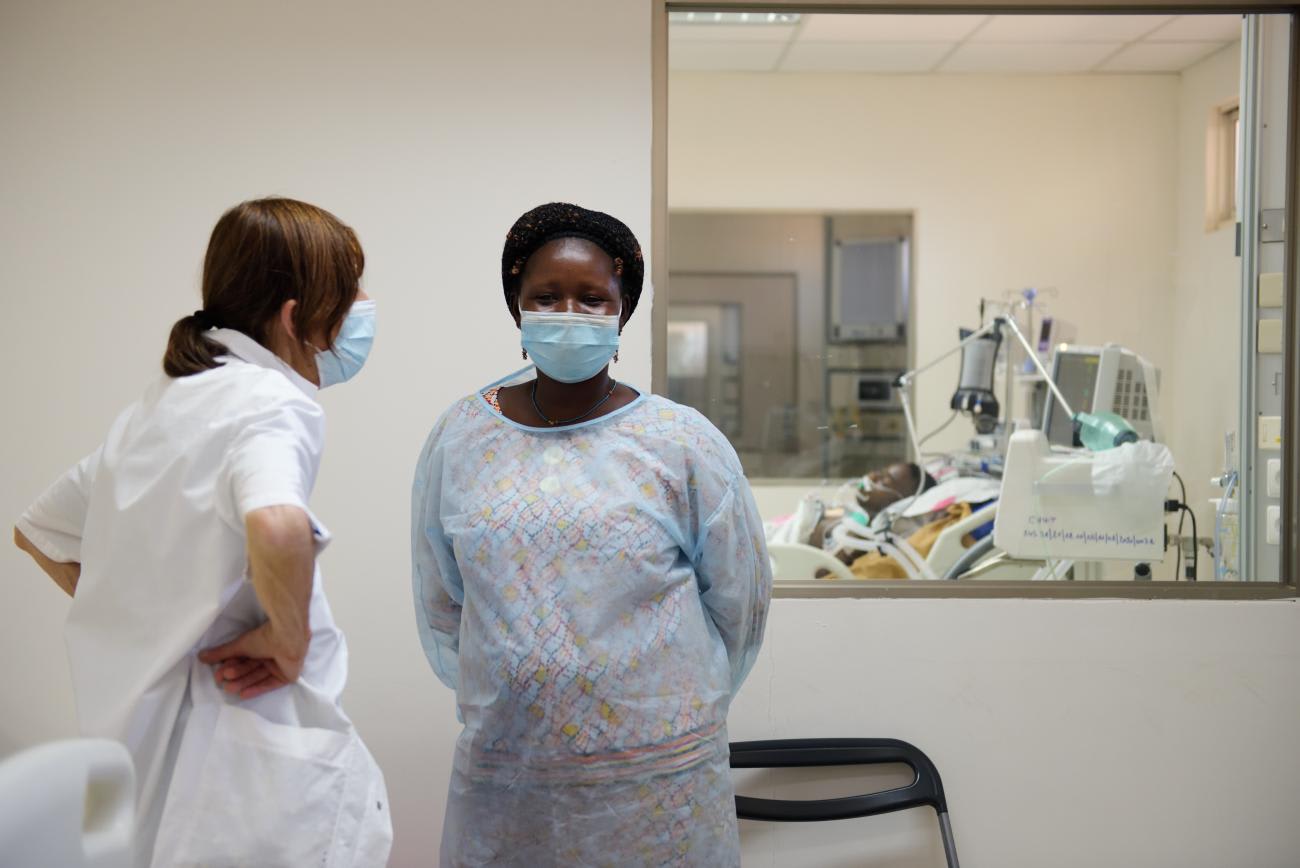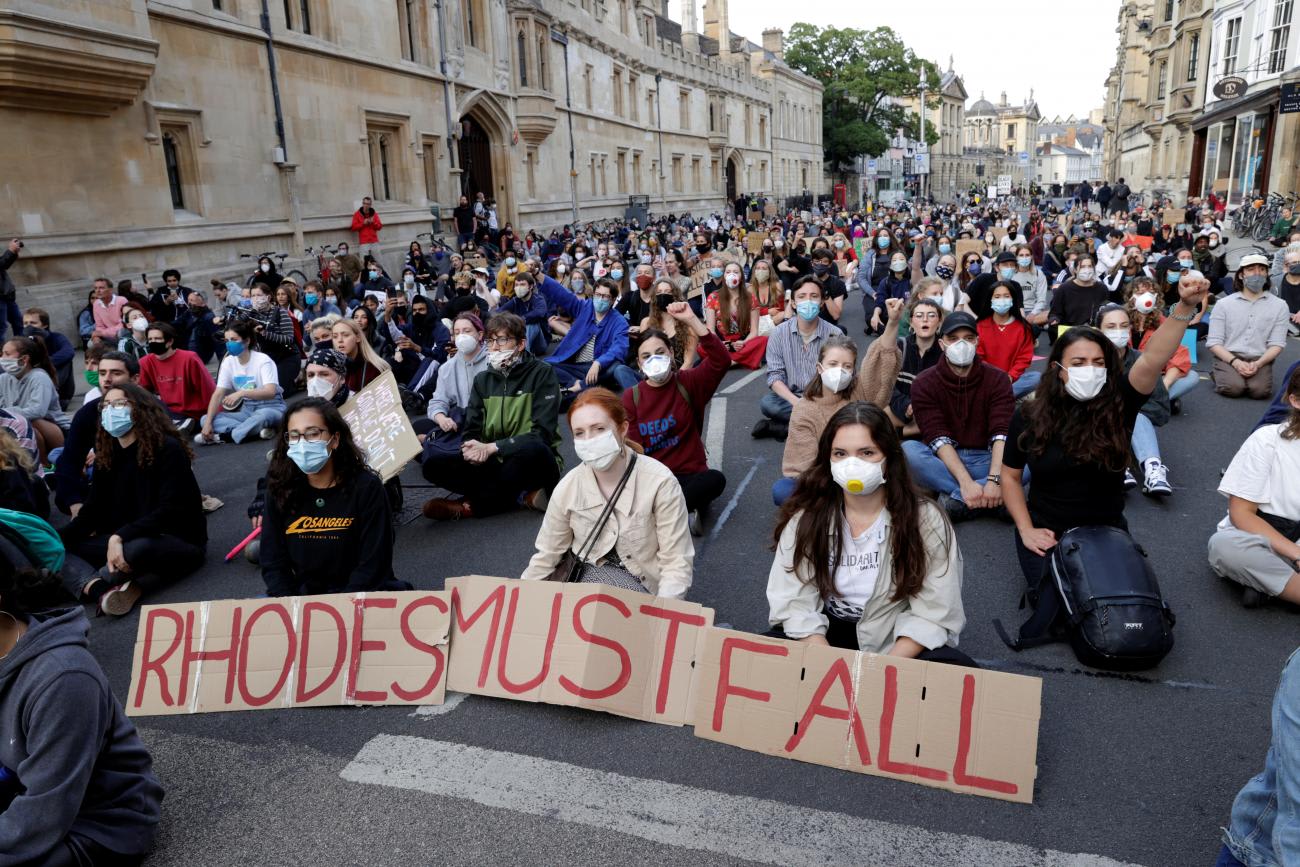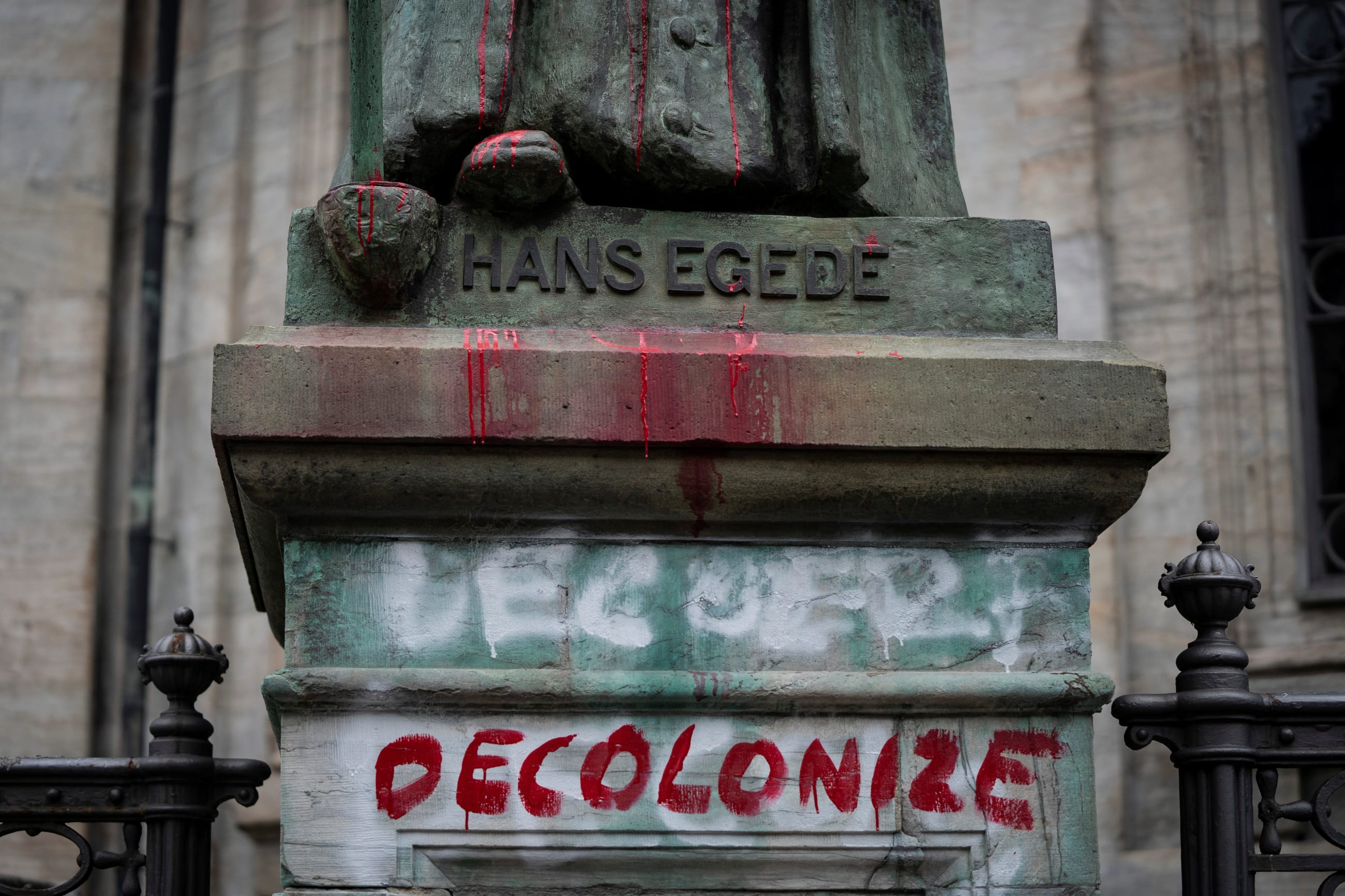The academic year was drawing to a close. We were graduate students of global health at the time and some of us were about to embark on international placements with foreign organizations, most of them low- and middle-income countries (LMICs). But after leaving a preparatory meeting for said placements, there was an almost palpable sense of a shared discomfort about a situation we were about to find ourselves in: no mention had been made about the complex relationship between elite academic organizations, like ours at the University of Edinburgh, in Scotland, and the people and organizations on the other end of the research practice.
Colonial roots of global health practices continue to perpetuate longstanding power imbalances
The colonial roots of global health practices continue to perpetuate longstanding power imbalances between countries in the Global North and the Global South. We felt that unless we educate ourselves on this topic, we may become complicit in sustaining these structural dynamics, especially as our institution and curriculum were silent on this matter. This uncomfortable realization inspired us to seek out other groups who had also grappled with these issues, to see how they were addressing them and challenging their institutions to confront these dynamics. Although in academia there are theoretical writings available on the colonial roots of global health, little practical advice – or indeed, teaching – for students is readily available regarding specific steps that can be taken to minimize existing inequalities derived from colonial systems. Therefore, we have gathered some of the lessons we learned in the last year, in hopes that they will be of use to others studying global health.

Understand the Problem
The idea of decolonizing institutions and fields like global health is not a new one. Power imbalances entrenched in colonial systems are often maintained through funding practices or in research and education priorities. These imbalances are then manifested in the dismissal of indigenous expertise, perspectives, and lived experiences managing their own population's health while sometimes subjected to harmful decisions by powerful Western institutions. This dynamic is otherwise known as "the foreign pose for the foreign gaze": when global health initiatives for low- and middle-income countries (LMICs) are spearheaded by non-local practitioners and discussed in spaces into which local communities have limited access. We believe that to truly decolonize global health, it should be taught within the context of its political and historical underpinnings.
Build Awareness
One of our primary objectives, as a group, was to build awareness in our student body and faculty by showcasing lessons from practitioners who had already been advocating to change the colonial aspects and the current power imbalances in global health. To do this, we hosted a free online conference in April 2020, which enabled us to hear from international experts and reach a global audience.
We made sure our experts were gender and racially diverse but we had a huge blind spot: when initially preparing our line-up for the conference program, our speakers – while they were people of color – were not based in LMICs. Despite our good intentions, we acted as vehicles that perpetuated some of these colonial power asymmetries. By initially overlooking the voices of those who live and work in LMICs, we were replicating the same problematic practices we strove to avoid.
By overlooking the voices of those who live and work in LMICs, we were replicating the same problematic practices we strove to avoid
In addition, internet access issues made it more difficult to engage with our peers who are based in LMICs, we intended to make our work as open as possible worldwide, so people everywhere could find and offer advice and support. Although nearly half of our conference attendees were from Europe, we were pleased to see engagement from forty-one countries all over the world, including Nepal, Oman and Peru, and that one in five attendees were from Africa, Asia, or South America. Moving forward, we hope to increase our reach beyond the United Kingdom and Europe, which means working creatively to tackle digital access barriers. This is a key step to broadening the conversation to those with expert knowledge and lived experiences in LMICs.
Form Equitable Partnerships
We were inspired by students at Duke University who had a similar vision for change in global health and began the Duke Decolonizing Health Student Group. We decided to act locally and think globally: locally by creating change in our institution and globally by partnering with and listening to students and experts worldwide. It was critical that we partnered with students and academics from other institutions and countries because we did not have the right expertise in our own university. One of our partners, Professor Madhukar Pai, told us that in order to create positive change, it is imperative that we actively "lean out." Although it is important to create awareness in high-income country (HIC) institutions, students in them risk taking up too much space in the conversation, drowning out the voices of those in LMICs who should be amplified. As the Duke students pointed out, the movement to decolonize global health is currently concentrated in the Global North, which is why in the future we will use our privilege to be better allies within our affiliated institutions and amplify local voices.

Engage Faculty
Within HIC institutions, global health often seems to be conceptualized, taught, and discussed as if it were providing technical knowledge and resources that will improve health within LMICs. It often achieves positive outcomes, but this assumed directionality of expertise can contribute to power imbalances.
As students in this field, we asked ourselves what needs to be changed within our institution to increase awareness and conscious action by current and future academics and students. Following our conference, a major next step was engaging with our program's faculty at the University of Edinburgh. In a workshop with them, we raised our concerns regarding the limited space for discussing the colonial roots of global health and the need to critically engage with current structures and practices that reflect this historical legacy. One of the outgrowths of the workshop was the development of a decolonizing global health working group for faculty and students, which provides space for academic discussion and for sharing personal experiences, and plans to incorporate key concepts, language and literature about decolonizing global health in the academic curriculum. We began this process by sharing resources with our faculty of alternative course syllabi and reading lists. Although these conversations are not always easy, our experiences show that the price of discomfort is worth paying in order to trigger change.

Reflect
Whether we are from a colonized or an imperialist country, colonial ties affect us all. Therefore, to truly decolonize global health, there is a need for constant reflexivity in our practices. This type of reflection is both individual and collective and should highlight our deep-seated privileges, challenge our inherent assumptions, and identify practices we are engaging in that still reflect colonial structures. As students, this shared exercise of reflexivity will guide our actions, make us more accountable in our future careers, and allow us to take a stand against upholding colonial structures. Most importantly, through constant reflexivity, we hope to be able to meaningfully participate in initiatives that address some of these structural inequities that have long characterized global health.
Colonial ties affect us all
Almost a year from our first meeting, we are aware that our efforts may only go a small way in transforming global health practices and narratives. Many other hurdles that will continue to have a disproportionate impact on how global health is practiced within and outside of academia; inequitable partnerships, tokenism, and external agenda setting will persist. However, we believe that by regularly and collectively reflecting on past mistakes, modifying our own actions, and openly advocating for the decolonization of global health in our institutions, we will ultimately influence those around us. As this movement gains traction among students, academics, and other practitioners around the world, we have learned that collective action is the only way to effect true change, so we invite you to join us on this journey.












